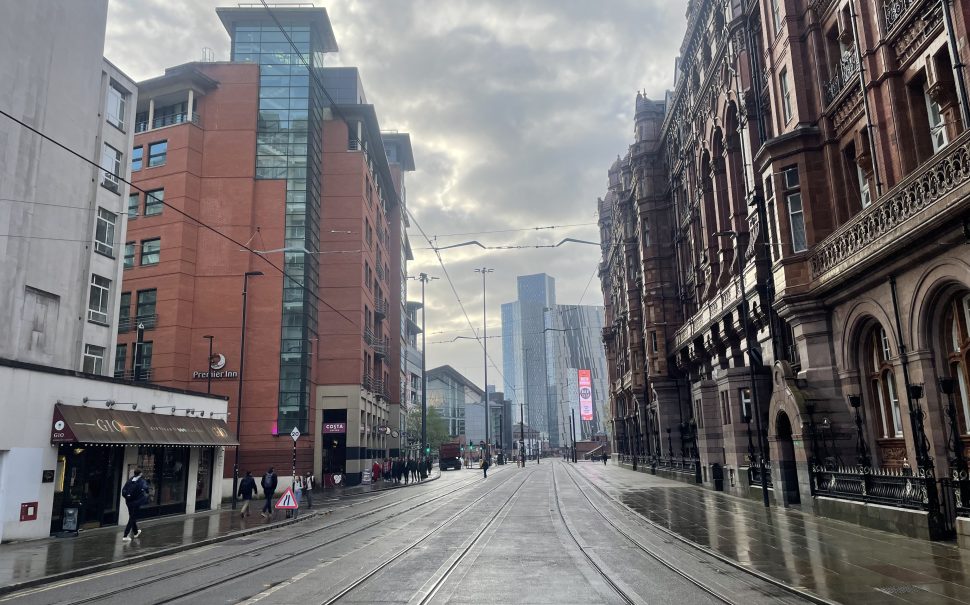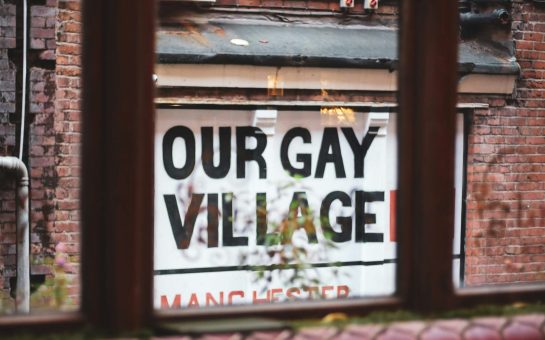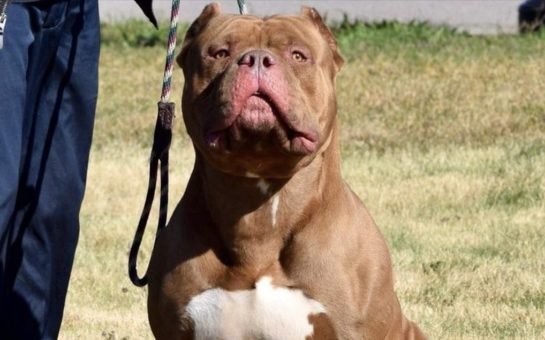Greater Manchester has become the first place across the UK to launch a plan for tackling gender-based violence specifically against men and boys.
Launched yesterday on International Men’s Day 2024, Greater Manchester Combined Authority (GMCA) set out a plan for how the region will tackle sexual assault and domestic violence against male victims and raise awareness of dedicated support services.
The plan also seeks to expand the training for police officers, social workers, professionals and teachers to improve recognition of male gender-based violence including ‘honour’-based abuse.
Kate Green, the deputy mayor for safer and stronger communities, said: “Last year, male victims accounted for one in five reports of rape and sexual assault offences to Greater Manchester Police (GMP) and sadly, we know the actual cases of gender-based abuse and violence affecting men and boys is much higher as they are less likely to report cases to the police.
“This is why it’s so important to have a bespoke plan for male victims that ensures the right support and services are available and that professionals understand the distinct needs of male victims, particularly those from minority communities.”
Across the region, the average time for male victims to report a sexual assault to the police is four years.
This plan follows the pioneering 10-year Gender-Based Violence Strategy that was published by GMCA in 2021, promising a ‘more inclusive’ approach and to recognise ‘that anyone can become a victim of gender-based violence’.
Greater Manchester is home to St Mary’s SARC, the UK’s first ever sexual assault referral centre – which reports that 10% of its service users.
Duncan Craig OBE, co-author of the plan and the founder and chief executive of We Are Survivors, a local charity supporting male survivors, said: “Victims of gender-based violence face numerous barriers to reporting and seeking support, including fear of disbelief, social ostracism, and lack of awareness without available help.
“For male victims, there are additional challenges such as societal expectations about masculinity, fear of homophobic reactions, and concerns about the consequences of disclosure.”
Britain’s most prolific rapist, Reynhard Sinaga, was sentenced in January 2020 to a minimum of 30 years for committing 136 rapes against 48 men.
GMP hold evidence that Sinaga raped over 200 men in a 30-month period with the majority identifying as straight.
Craig continued: “It is crucial to recognise the complex power dynamics in abusive relationships and prioritise support for all victims, addressing their specific needs.
“Developing comprehensive support for male victims is essential, if we are to truly tackle gender-based violence.”
Featured Image: Rob White




